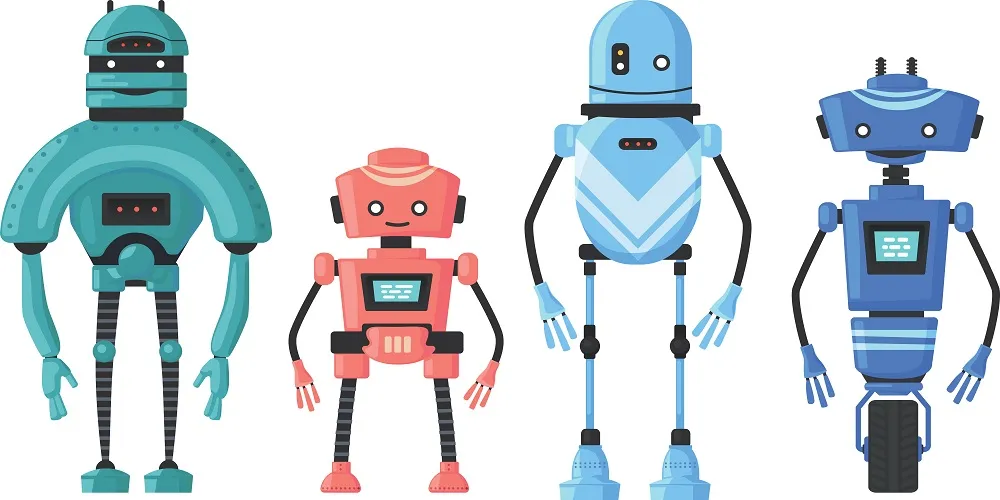
A Proposal to Improve Hive’s Curation-Rewards Protocol
A few days ago, I posted a comment here alluding to a new #hive #curation-rewards protocol I’ve been envisioning, wherein I was hoping to accomplish the following overall goals / objectives:
- incentivize high-quality manual curation (both for large and small stakeholders),
- not severely penalize large stakeholders who don’t have time to manually curate, and
- incentivize auto-voting that accentuates high-quality manual curation (in lieu of auto-voting that overwhelms, stifles, buries, or otherwise manipulates manual curation, whether intentionally or unintentionally).
Learning the Ins & Outs (& Challenges of) Past and Current Protocols
I want to thank @themarkymark for his clear and concise explanation of #Hive's current curation-rewards protocol (available here), along with his taking time to dialogue with me directly (providing much-needed technical-feasibility assessments). As a result of his direct and straightforward feedback, I’ve made numerous revisions, mostly abandoning aspects of my original plan that were technically infeasible (which leads me to a heartfelt thanks to @theycallmedan for indirectly encouraging me to ‘press on’ despite the various feasibility setbacks).
Interestingly, the end result is a much simpler solution than I originally envisioned (and, more elegant, imho)!
Historical Changes to Rewards Protocols
From what I have read and researched about curation-rewards protocols for hive (and formerly for steem), historical changes have by-and-large sought to either [1] correct loopholes that previously allowed bad actors to ‘game’ the system or [2] correct misalignment of individual incentives relative to community goals & objectives.
A New (or Not-so-New) Underlying Philosophy
The underlying philosophy has been (from the very beginning, I believe) to reward manual curators who quickly find and elevate high-quality content (i.e. to incentivize and reward curators who proactively search for heretofore-hidden high-quality content). Instantiation of this underlying philosophy has consistently struggled (and oftentimes failed) to achieve the desired outcome, because clever people will always figure out a way to ‘game’ any system, especially a system that provides variable rewards.
I am adopting a very similar (but nuanced) underlying philosophy, which is:
Early-voting periods should be almost exclusively the domain of manual curators.
With an important corollary being:
Whenever auto-voting algorithms place votes early in the voting period, the strength and influence of any early votes cast by legitimate manual curators become diminished, thus weakening the ‘proof of brain’ aspect of the entire process.
Using the Principle of Inversion to Solve an ‘Intractable’ Problem
Most of my early iterations attempting to solve the problem of ‘inefficient’ auto-votes competing with manual early votes relied upon being able to distinguish (in Layer 1) between manual votes and auto-votes. After many, many failed attempts at trying to solve that ‘intractable’ problem, I decided to invert the problem.
Rather than trying to actively discourage auto-voting bots from casting early votes, what if we directly incentivize them to willingly participate later in the vote-casting process?
The Proposed Solution
This can be done very simply, by [1] establishing a relatively small window (e.g. 5 minutes in width) that [2] opens a set duration after each post (e.g. 1.5 days), and [3] entitles the vote-caster to a pre-determined stake-weighted percentage of the total curation rewards for that post (or just a set percentage of the rewards associated with their vote, e.g. 40%). Any votes cast outside this very small time window will be subject to the existing (non-linear) curation-rewards protocol. Any votes cast during this window will be specifically exempted from any early-incentive rewards, instead receiving a pre-determined stake-weighted percentage (similar to each-and-every vote under a linear rewards curve, cf. #LeoFinance and #STEMGeeks).
... and its Advantages
The primary advantages of the above ‘exemption’ for intentionally-delayed auto-votes will be twofold:
- Early votes will be cast mostly by manual curators (subject to a couple caveats):
- there will no doubt be some auto-voting bots that are remarkably good at pre-selecting exceptional content, or will at least try to do so, and
- the extent to which auto-voting bots attempt to early-vote will be directly related to [1] the early-voting rewards criteria and [2] the pre-determined percentage associated with the late-voting window.
- Late votes cast by auto-voting bots will boost content while it is still fresh (i.e. only a couple days old), thus ensuring that high-quality, manually-curated content gets seen by more people (and then further upvoted, if the content is genuinely high-quality):
- in other words, auto-voting bots will begin to serve as boosters of manually-curated content rather than merely predictors of hopefully-good content,
- thus taking what was formerly a negative (auto-voting bots that were injecting noise into the manual curation process) and turning it into a positive (auto-voting bots that give a delayed boost to content that has already proven itself worthy via manual curation).
I have some additional thoughts, but will hold off on those for now, in order to get this ‘out there’ so folks can evaluate it and provide (hopefully constructive) critiques.
Positive incentives will give helpful bots meaning & purpose!
